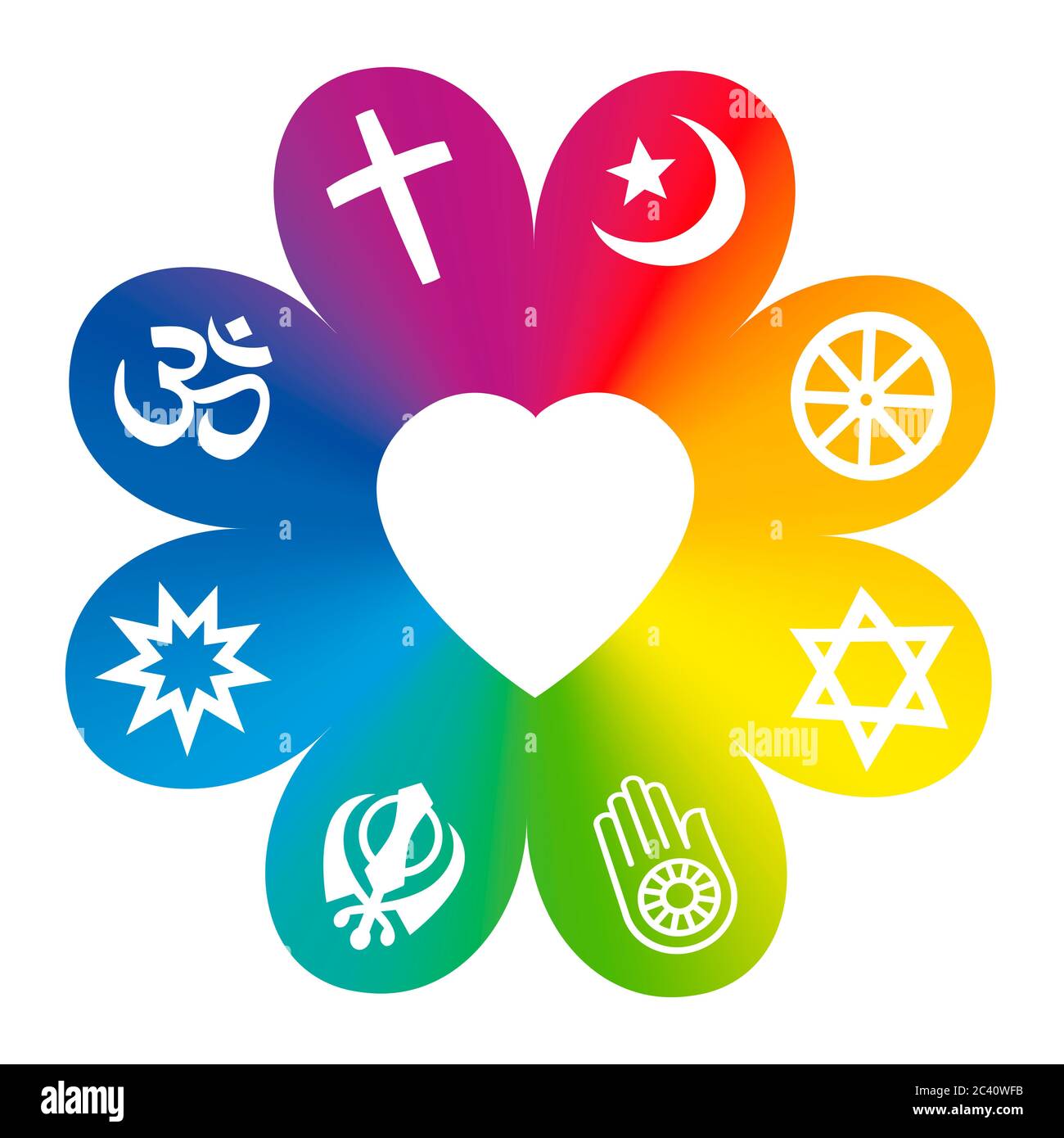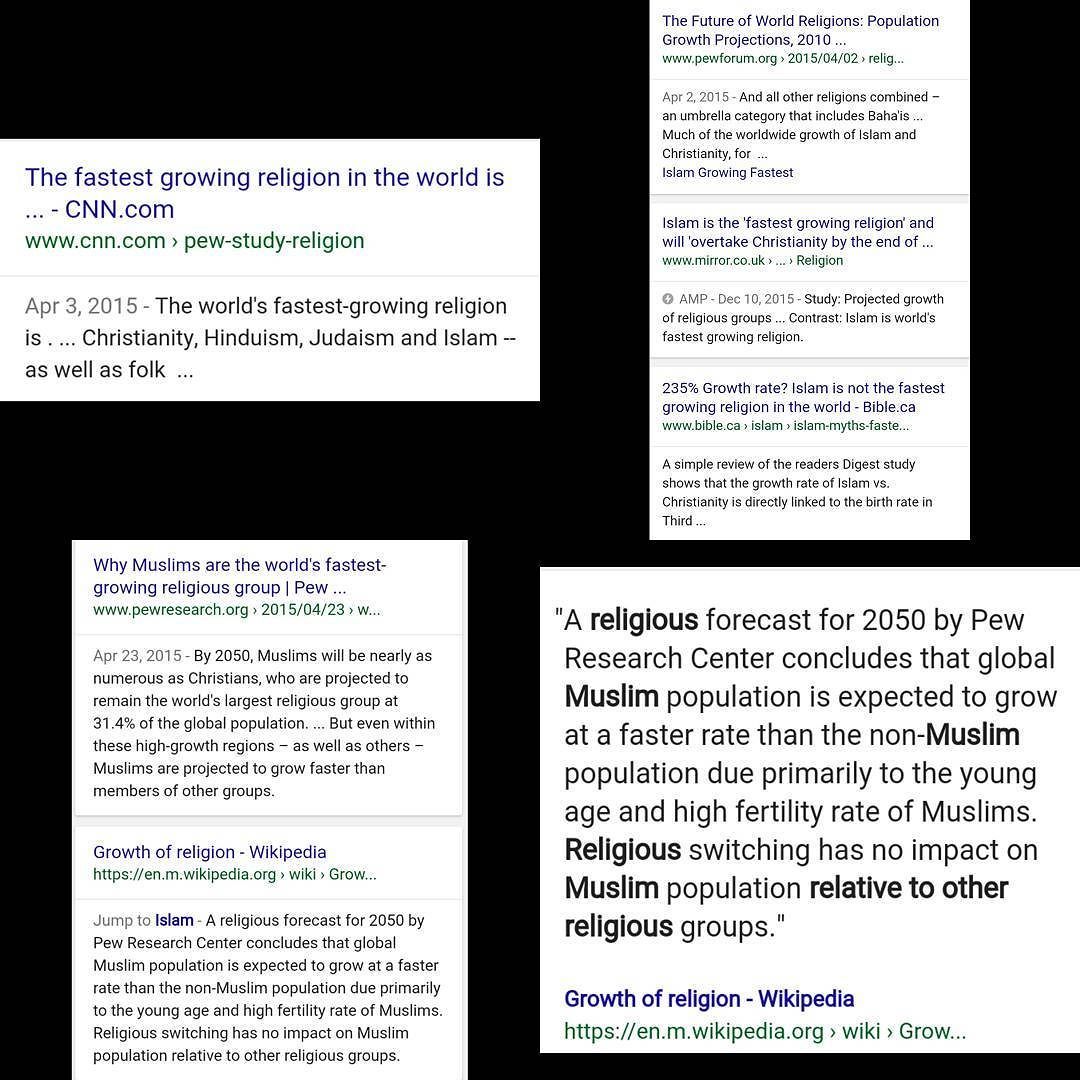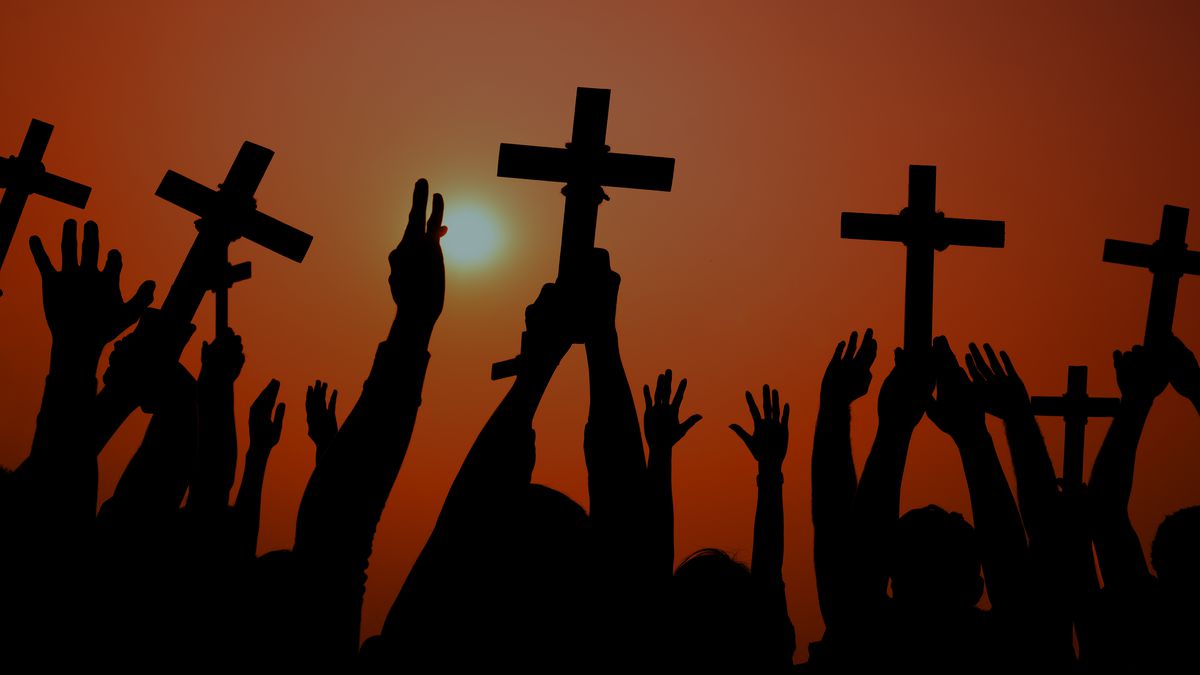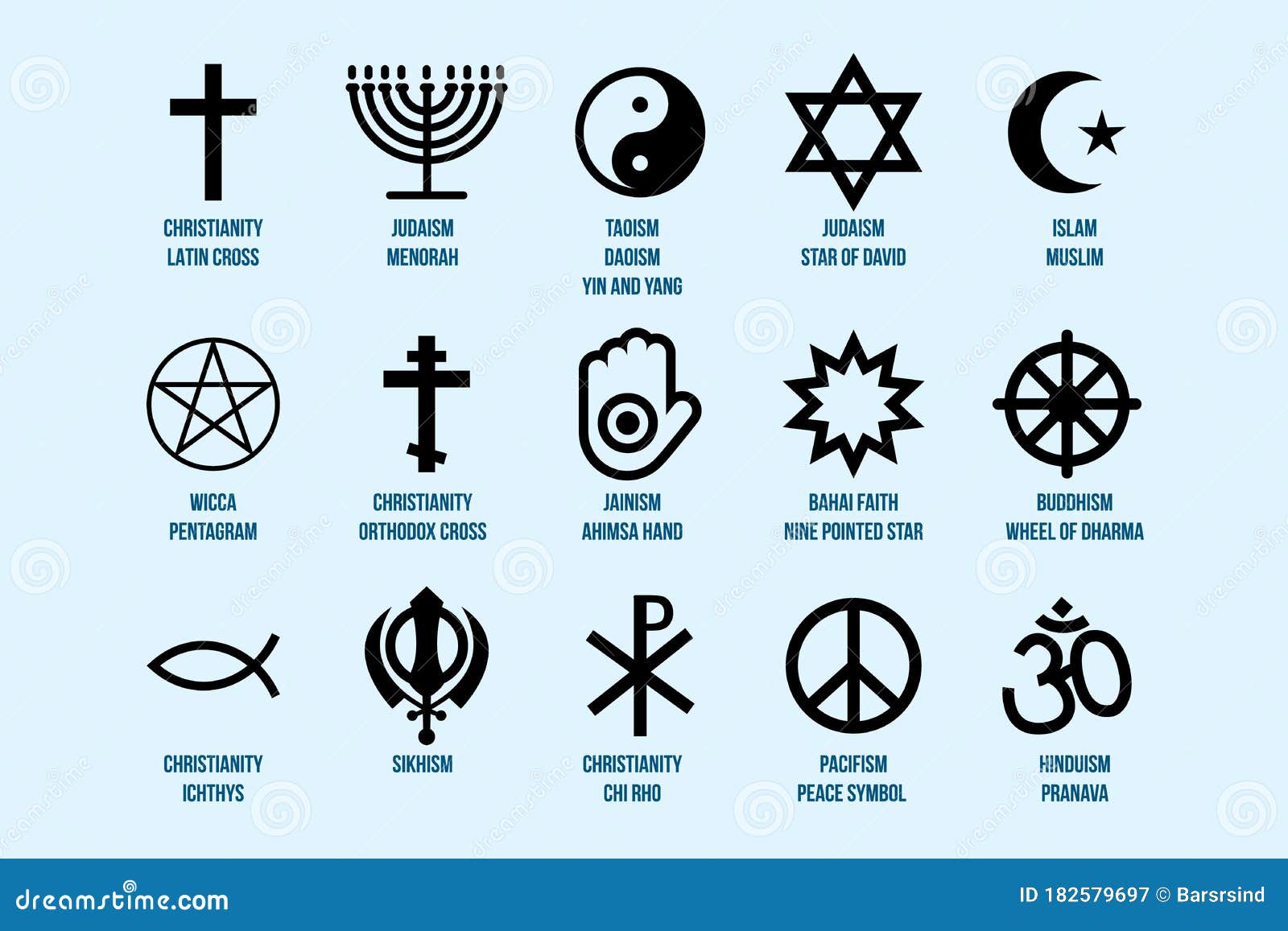How Religion Shaped Early Civilizations: Foundations, Power, and Legacy
Introduction: The Central Role of Religion in Early Civilizations
Throughout human history, religion has been a cornerstone of early civilizations , shaping their worldviews, social structures, and daily lives. From Mesopotamia to ancient India, spiritual beliefs were not only a means of explaining the unknown but also a powerful force for social cohesion and governance. Understanding how religion influenced these cultures provides valuable insight into the origins of law, government, education, and even art. This article explores the multifaceted role of religion in early civilizations, offers practical guidance for further research, and highlights key sources for in-depth study.
1. Religion as a Foundation for Social Order and Cohesion
Early civilizations developed complex religious systems that unified people under shared beliefs and rituals. These systems provided explanations for natural phenomena-such as floods, droughts, or eclipses-which early societies could not otherwise understand. Religious myths and stories offered meaning and comfort in the face of uncertainty, helping individuals cope with life’s unpredictability. For example, in ancient Mesopotamia, people believed they worked alongside the gods to maintain order and stave off chaos, reinforcing the idea that everyone had a vital role in upholding the community’s well-being [1] .
Religious festivals, communal sacrifices, and temple rituals were vital for fostering unity. By gathering for shared ceremonies, people strengthened social bonds and reinforced common values. In ancient India, Vedic rituals and hymns brought communities together, while the Upanishads introduced deeper philosophical ideas that shaped collective identity [3] . In each case, religion was not just personal belief-it was embedded in the very fabric of society, creating a sense of belonging and shared purpose.
2. Legitimizing Authority and Governance
Religion played a crucial role in legitimizing rulers and political systems. In many early civilizations, leaders claimed divine sanction or descended from gods, which justified their authority and helped maintain order. Mesopotamian kings, for example, were often seen as chosen by the gods, or even semi-divine themselves, ensuring public obedience and respect for the law [1] . Similarly, Egyptian pharaohs were regarded as living gods, their rule essential for the harmony of the universe.
As civilizations grew, religious institutions gained significant influence over governance, law, and education. Priests and religious officials often served as advisors to rulers and helped interpret divine will. Sacred texts and rituals reinforced legal codes and moral standards, ensuring that laws were seen as more than human conventions-they were mandates from higher powers [4] . This integration of spiritual and political authority provided stability and continuity, even as societies evolved.
3. Explaining Natural Phenomena and Setting Moral Standards
The natural world posed many mysteries to early peoples, from unpredictable weather to disease and death. Religion provided frameworks to explain these events, often attributing them to the actions of gods or spirits. In Mesopotamia, the story of the god Marduk defeating chaos to create the world illustrated how divine intervention was necessary for order [1] . Ancient Indian texts such as the Rigveda offered hymns and rituals to appease the gods responsible for rain, harvest, and health [3] .
In addition to explaining nature, religion enforced social rules and moral codes. Sacred laws defined acceptable behavior, outlined consequences for wrongdoing, and encouraged virtues like honesty and compassion. For instance, early legal codes like the Code of Hammurabi were closely tied to religious beliefs, with laws presented as having divine origin [5] . This connection ensured that moral standards were deeply respected and widely followed.
4. Religious Institutions and Daily Life
Temples, shrines, and sacred sites dominated the landscapes of early cities, serving as centers of worship, education, and administration. In Mesopotamia, temples were not only houses for the gods but also economic and political hubs where priests managed resources and resolved disputes [1] . In ancient India, religious teachers (gurus) and monks played central roles in transmitting knowledge and guiding spiritual practice [3] .
Religious festivals marked the calendar, while daily rituals governed life from birth to death. These practices offered individuals a sense of stability and predictability, reinforcing the rhythms of agricultural and civic life. Over time, religious institutions influenced the development of art, architecture, and literature, leaving a lasting cultural legacy.
5. Researching Religion in Early Civilizations: Practical Steps
For those interested in exploring the role of religion in early civilizations, several research strategies can be effective:

Source: tpt.org
- Start by consulting reputable history encyclopedias and academic articles focused on ancient religions. The World History Encyclopedia offers accessible overviews of key topics and regions.
- Seek out primary sources such as ancient texts (e.g., the Rigveda, Code of Hammurabi) and archaeological reports. University libraries or museum websites like the British Museum often provide digitized collections.
- When researching specific civilizations (such as Mesopotamia or ancient India), use search terms like “religion in ancient Mesopotamia” or “Vedic religion primary sources” on academic databases or library catalogs.
- If you need expert guidance or access to rare materials, contact university departments of history, archaeology, or religious studies. Many faculty members are willing to provide advice or recommend resources.
- For classroom or personal study, online educational platforms and curated research guides (such as EBSCO’s Religion and Ritual in the Ancient World ) can be valuable starting points.
If you are unable to access a particular source online, you can visit your local public library or request interlibrary loan services. Librarians can help you locate books, articles, and even contact subject matter experts.

Source: openlibrary.org
6. Challenges and Alternative Approaches
Interpreting the role of religion in early civilizations can be challenging due to limited written records and the evolving nature of belief systems. Archaeologists and historians sometimes disagree about the meaning of ancient artifacts, such as burial sites or religious icons [2] . New discoveries and interpretations can change our understanding of how and why people worshipped.
To address these challenges, researchers often combine archaeological evidence with comparative studies-analyzing similarities and differences in myths, rituals, and institutions across cultures. This approach can reveal broader patterns while respecting the uniqueness of each society. For those seeking alternative perspectives, consider consulting works in anthropology, sociology, and comparative religion, which offer diverse theoretical frameworks for understanding early spiritual life.
Conclusion: Enduring Legacy of Early Religious Systems
Religion’s influence on early civilizations cannot be overstated: it provided meaning, structure, and legitimacy, while shaping law, culture, and governance. By understanding the complex interplay between faith and society, we gain crucial insights into the origins of human civilization and the lasting power of spiritual belief. Whether for academic study or personal curiosity, numerous resources-both online and offline-are available to support your exploration of this fascinating topic.
References
- [1] World History Encyclopedia (2018). Religion in the Ancient World.
- [2] Wikipedia (2024). History of Religion.
- [3] EBSCO Research Starters (2025). Religion and Ritual in the Ancient World.
- [4] Fiveable. Religion and Ideology in Early Civilizations.
- [5] CliffsNotes (2024). The Role of Religion in Early Civilizations.
MORE FROM cheerdeal.com













